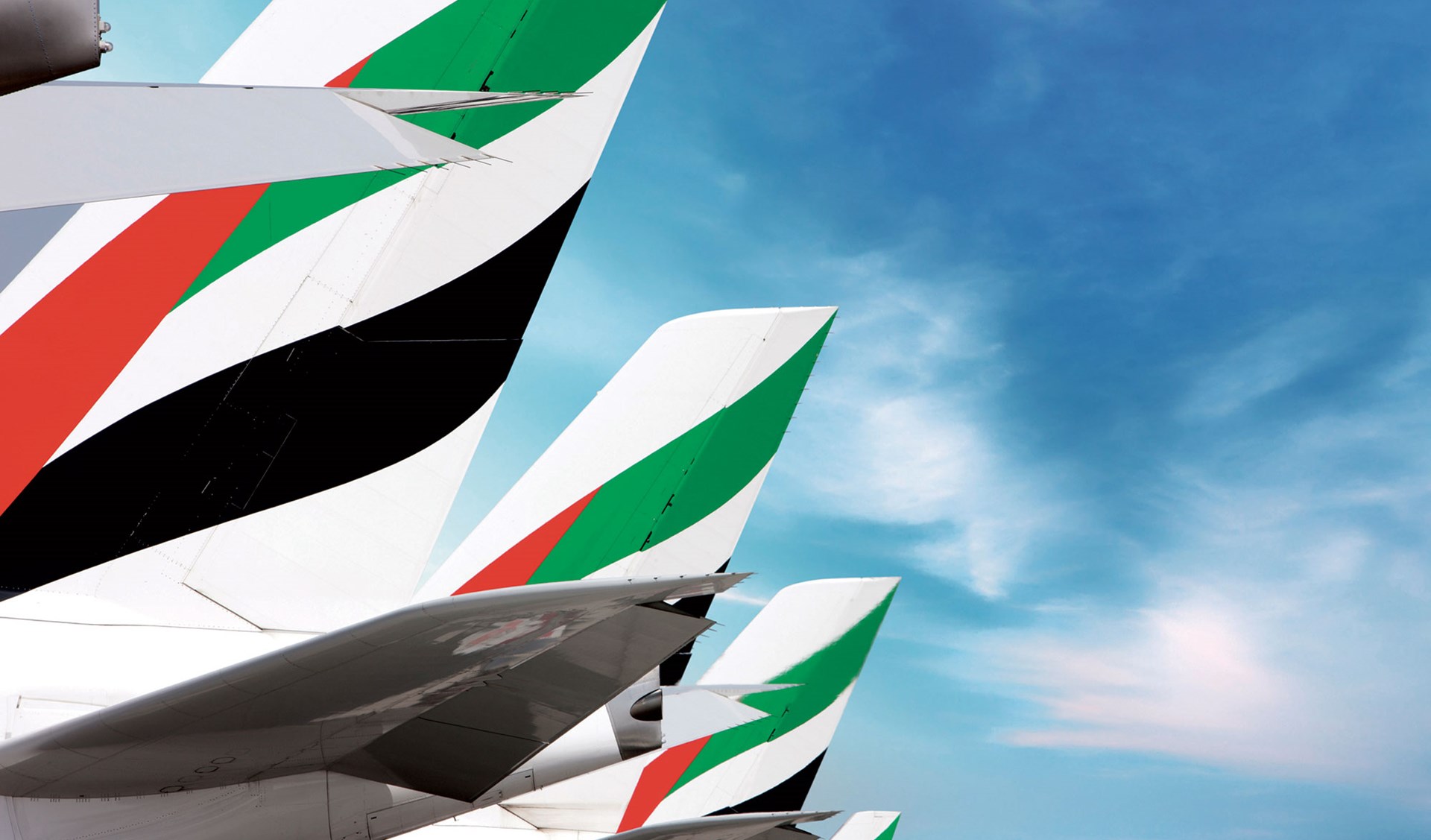Dr. Rfaat Soliby

Assistant Professor, Faculty of Mathematics and Data Science
Telephone: +971 4 6050197
Email: rfaat.soliby@emirates.com
Possessing a Ph.D. in Applied Mathematics from UTHM University, Malaysia, and supported by a strong academic foundation, Dr Rfaat Moner Soliby brings extensive knowledge and more than ten years of experience to the realm of education. His expertise spans a range of mathematical disciplines, covering areas such as Linear Algebra, Math for Business, Differential Equations, Statistics, and Calculus I, II, III. His journey in academia has been marked by impactful roles, including a successful tenure as a Mathematics Lecturer at the Institute of Applied Technology in the UAE. In this capacity, he demonstrated a fervent commitment to elevating students' academic performance and nurturing intellectual growth. Preceding this, he dedicated seven years to the Dubai National School as a Teacher of Mathematics, actively contributing to the holistic development of students from 2010 to 2017. His academic accolades include the attainment of an M.Sc. in Applied Mathematics and a bachelor’s degree in Mathematics, both from esteemed institutions. Complementing these achievements, he holds an IELTS 7 certification from Cambridge University. Beyond the realm of academia, he has honed essential computer skills, earning certifications such as the International Computer Driving License, IC3, and the Casio calculator fx-991ES. In 2019, his dedication to the pursuit of teaching excellence was duly recognized with the prestigious Teacher of the UAQ campus Award. Furthermore, expressions of gratitude have been extended for his invaluable contributions to the Institute of Applied Technology, attesting to the impact of his teaching endeavours. His academic journey has been significantly shaped by a passionate exploration into the realm of traffic flow theory on roads, where his focus has been on establishing meaningful connections between this intricate field and the principles of fractional calculus. This line of research has been a culmination of his dedication to unravelling the complexities inherent in traffic behaviour and seeking innovative approaches to enhance our understanding of vehicular dynamics. The traditional models in traffic flow theory often encounter challenges in accurately representing the nuanced behaviours witnessed on real roads. Recognizing the limitations of conventional mathematical methodologies, he directed his attention towards fractional calculus, a powerful mathematical framework that extends beyond integer orders. This exploration aimed to bridge the gap between theoretical concepts and the intricate dynamics exhibited by traffic systems in the real world. Through a series of rigorous research endeavours, he delved into the application of fractional calculus to traffic flow models, seeking to discern and articulate the relationships between fractional derivatives and the complex behaviours observed in traffic patterns. The unique capability of fractional calculus to account for long-range dependencies and memory effects proved to be particularly promising, offering a novel perspective on understanding and predicting traffic dynamics more accurately. His research endeavours in relating fractional calculus to traffic behaviour represent a departure from traditional methodologies, signalling a pioneering effort to introduce a more sophisticated and comprehensive framework for analysing traffic dynamics. By incorporating fractional derivatives into existing traffic flow models, his goal has been to refine the precision and applicability of these models, ultimately contributing to advancements in both theoretical understanding and practical applications. As he continues to delve deeper into the intersection of mathematics and transportation engineering, his research aims not only to advance the theoretical foundations of traffic flow theory but also to propose practical solutions that can lead to more effective traffic management strategies. His ultimate vision is to contribute to the creation of safer, more efficient, and sustainable road networks, making a positive impact on transportation systems and urban planning. Beyond the confines of traditional education, he holds a diploma in Neuro-Linguistic Programming, a testament to his commitment to employing innovative and resourceful instructional approaches. Throughout his career, he has consistently adopted a proactive stance in overcoming challenges, providing unwavering support to colleagues, and delivering outstanding results in the dynamic field of Mathematics education.
- Ph. D. in Applied Mathematics, UTHM University, Malaysia, 2023.
- M.Sc. in Applied Mathematics, UTHM University, Malaysia, 2020.
- B.Sc. in Mathematical Analysis, Damascus University, Syria, 2006.
- Mathematics
- Data Science
- Fractional Calculus
- Fractional Differential Equations
- Traffic Flow Theory
- Shock Wave
- Fluid Dynamics
- Soliby, R.M.; Jamaian, S.S. (2023). A Space Fractional Uphill Dispersion in Traffic Flow Model with Solutions by the Trial Equation Method. Infrastructures 2023, 8, 45. Link
- Soliby, R.M.; Jamaian, S.S. (2022). Non-Linearity Flux of Fractional Transport Density Equation in Traffic Flow with Solutions. Smart Cities 2022, 5, pp. 1655-1669. Link
- Soliby, R.M.; Jamaian, S.S. (2022). Exact Dark Solitary Wave Solutions for the Time Fractional Dispersive Density-Flow Equation by Using Tanh-Riccati Transformation Method. NeuroQuantology 2022, 16, pp. 5109-5122. Link
- Soliby, R.M.; Aman, F. (2020). Solving Nonlinear Partial Differential Transport Density Equation with Diffusion Traffic Flow Model using the Generalized Hyperbolic Functions Method (GHFM) and the First Integral Method (FIM). International Journal of Engineering Trends and Technology. 2020, (1), pp. 57–62. Link

